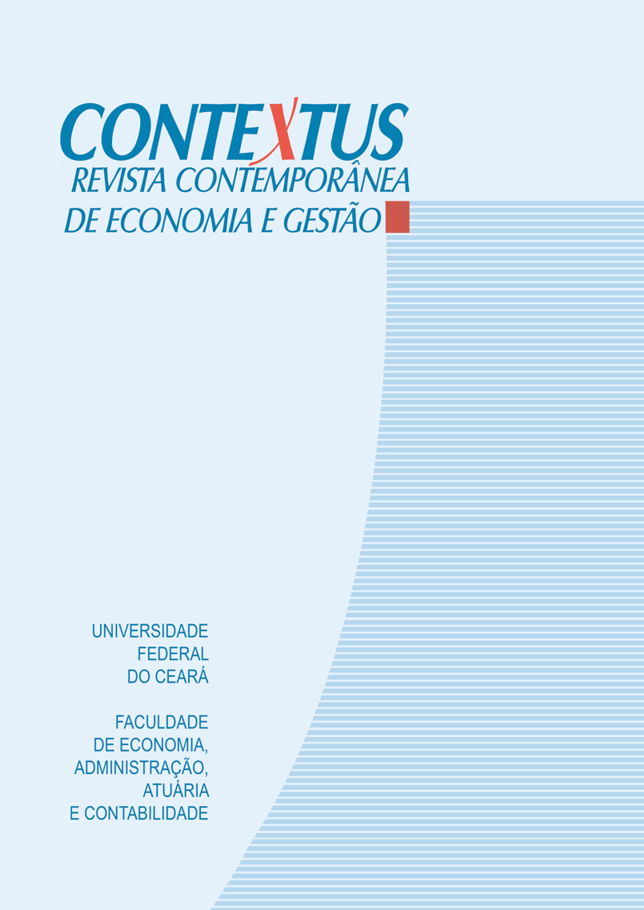GREEN SUPPLY CHAIN: ASSOCIATIONS AMONG DRIVERS, PRACTICES AND PERFORMANCE
DOI:
https://doi.org/10.19094/contextus.v17i2.41193Abstract
The research objective was to analyze external and internal drivers, green practices and economic and environmental performance in a green supply chain management – GSCM. The motivation of the study lies in the limited number of studies on how the elements of a GSCM associate with one another and especially in the port sector. To meet this objective, a case study was carried out in the green supply chain of the Container Terminal of the Port of Rio Grande. As a result, it was possible to identify a complex system of parts (external drivers, internal, practices and performance indicators) and associations involving the studied GSCM. There was evidence of specific associations between drivers and practices and between practices and GSCM performance indicators. There are practices that contribute to both performances. External drivers can directly condition the presence of performance indicators.
References
LUTHRA, S.; GARG, D.; HALEEM, A. The impacts of critical success factors for implementing green supply chain management towards sustainability: an empirical investigation of Indian automobile industry. Journal of Cleaner Production, v. 121, p. 142-158, 2016. <http://doi.org/10.1016/j.jclepro.2016.01.095.
MASUDIN, I.; WASTONO, T.; ZULFIKARIJAH, F. The effect of managerial intention and initiative on green supply chain management adoption in Indonesian manufacturing performance. Cogent Business & Management, v. 5, n. 1, Jun 2018. <http://dx.doi.org/10.1080/23311975.2018.1485212
JABBOUR, A. B. L.; SOUZA, C. L. Oportunidades e desafios para lidar com as barreiras à adoção de práticas de green supply chain management: Guidelines à luz de um estudo de múltiplos casos no Brasil. Gestão & Produção, v. 22, n. 2, p. 295-310, 2015. <http://dx.doi.org/10.1590/S0104-530X2013000400014.
Downloads
Published
How to Cite
Issue
Section
License
The authors, while doing the submission, accept the notice below:
We authors hold the copyright related to our paper and transfer Contextus journal the right for the first publication with a Creative Commons’ international license of the modality Attribution – Non-commercial 4.0, which in turn allows the paper to be shared providing that both the authorship and the journal’s right for initial release are acknowledged.
Furthermore, we are aware of our permission to take part in additional contracts independently for non-exclusive distribution of the version of our work published in this journal (e.g. publishing it in an institutional repository or as a book chapter), while acknowledging both the authorship and the journal’s initial publication.
We also certify that the paper is original and up to this date has not been released in any other journal, Brazilian or of another nationality, either in Portuguese or another language, as well as it has not been sent for simultaneous publication in other journals.
Last, we not only know that plagiarism is not tolerated by Contextus but also certify the paper presents the sources of passages from cited works, including those authored by ourselves.









3.png)


1.jpg)



1.jpg)


1.jpg)






.jpg)



1.jpg)

1.jpg)


1.jpg)

1.jpg)
1.jpg)
2.png)




1.jpg)
2.jpg)

1.jpg)





1.jpg)


1.jpg)
1.jpg)
